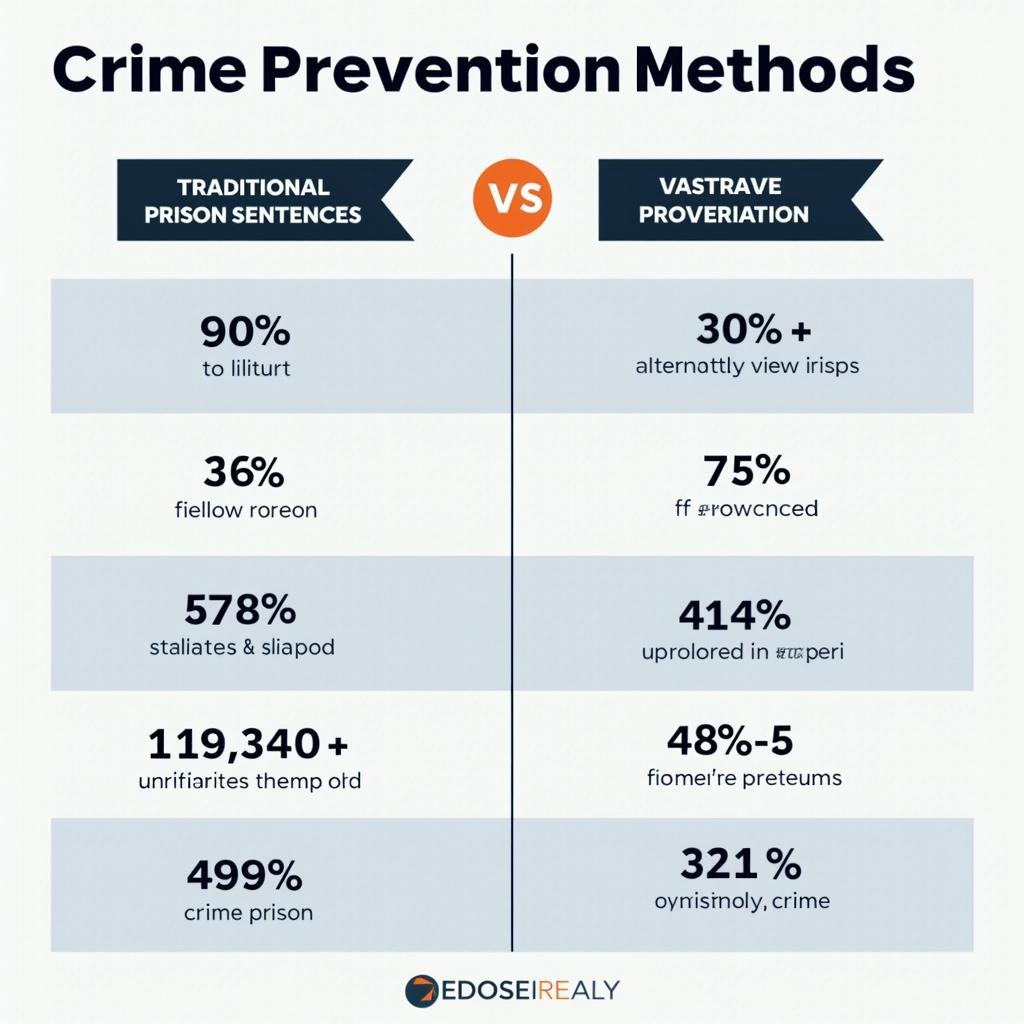The topic of artificial intelligence in education has become increasingly prevalent in IELTS Writing Task 2, reflecting its growing significance in modern society. Based on recent exam statistics and the role of artificial intelligence in educational assessments, this theme appears in approximately 15% of education-related questions.
 AI technology enhancing modern classroom education
AI technology enhancing modern classroom education
Some people believe that artificial intelligence (AI) should play a major role in education, while others think human teachers are irreplaceable. Discuss both views and give your own opinion.
Analysis of the Question
- Topic: AI’s role in education
- Task: Discussion + Opinion
- Key points to address: Benefits of AI in education, importance of human teachers, personal stance
Band 9 Sample Essay
The integration of artificial intelligence in education has sparked considerable debate regarding its potential to revolutionize learning versus the irreplaceable nature of human educators. While both perspectives have merit, I believe a balanced approach combining AI technology with human teaching would be most beneficial.
On one side, proponents of AI in education highlight its numerous advantages. The role of AI in enhancing educational content delivery has proven significant through personalized learning experiences, instant feedback, and 24/7 availability. For instance, AI-powered platforms can adapt to individual learning speeds and styles, offering tailored exercises and explanations that would be impossible for a single teacher managing multiple students.
However, advocates for human teachers emphasize the irreplaceable human elements in education. Emotional intelligence, empathy, and intuitive understanding of students’ needs are uniquely human qualities that AI cannot replicate. Teachers provide moral guidance, emotional support, and serve as role models – aspects fundamental to holistic education that technology cannot deliver.
In my opinion, the optimal solution lies in harmoniously combining both approaches. AI should complement rather than replace human teachers, enhancing their capabilities while maintaining the essential human connection in education. For example, teachers could utilize AI for administrative tasks and basic instruction, allowing them to focus on higher-order teaching activities like developing critical thinking and fostering creativity.
Band 7 Sample Essay
The role of artificial intelligence in education is a topic of heated debate. While some believe AI should be central to modern education, others argue that human teachers cannot be replaced. I will examine both viewpoints and share my perspective.
Those who support AI in education point to its benefits. AI can provide quick feedback to students and offer personalized learning paths. For example, educational software can adapt to each student’s pace and level, something that is difficult for teachers with large classes. Additionally, AI never gets tired and can work continuously.
On the other hand, supporters of human teachers emphasize their importance. Teachers can understand students’ emotions and provide motivation in ways that machines cannot. They can also explain complex concepts using different methods based on students’ reactions, which AI currently cannot do effectively.
I believe that both AI and human teachers have important roles to play in education. While AI can handle routine tasks and provide individualized practice, teachers are essential for developing students’ social skills and critical thinking abilities. The best approach would be to combine both elements in education.
Key Vocabulary
- Artificial Intelligence (AI) /ˌɑːtɪˈfɪʃəl ɪnˈtelɪdʒəns/ (n) – computer systems able to perform tasks normally requiring human intelligence
- Irreplaceable /ˌɪrɪˈpleɪsəbl/ (adj) – impossible to replace or duplicate
- Personalized /ˈpɜːsənəlaɪzd/ (adj) – designed or produced for a particular person
- Holistic /həʊˈlɪstɪk/ (adj) – characterized by the treatment of the whole rather than parts
- Complement /ˈkɒmplɪment/ (v) – add to or enhance something else
In conclusion, as AI continues to evolve, more IELTS questions may focus on its educational applications. For practice, consider writing about: “The impact of AI on student assessment” or “The role of AI in distance learning.” Share your practice essays in the comments for feedback and discussion.


